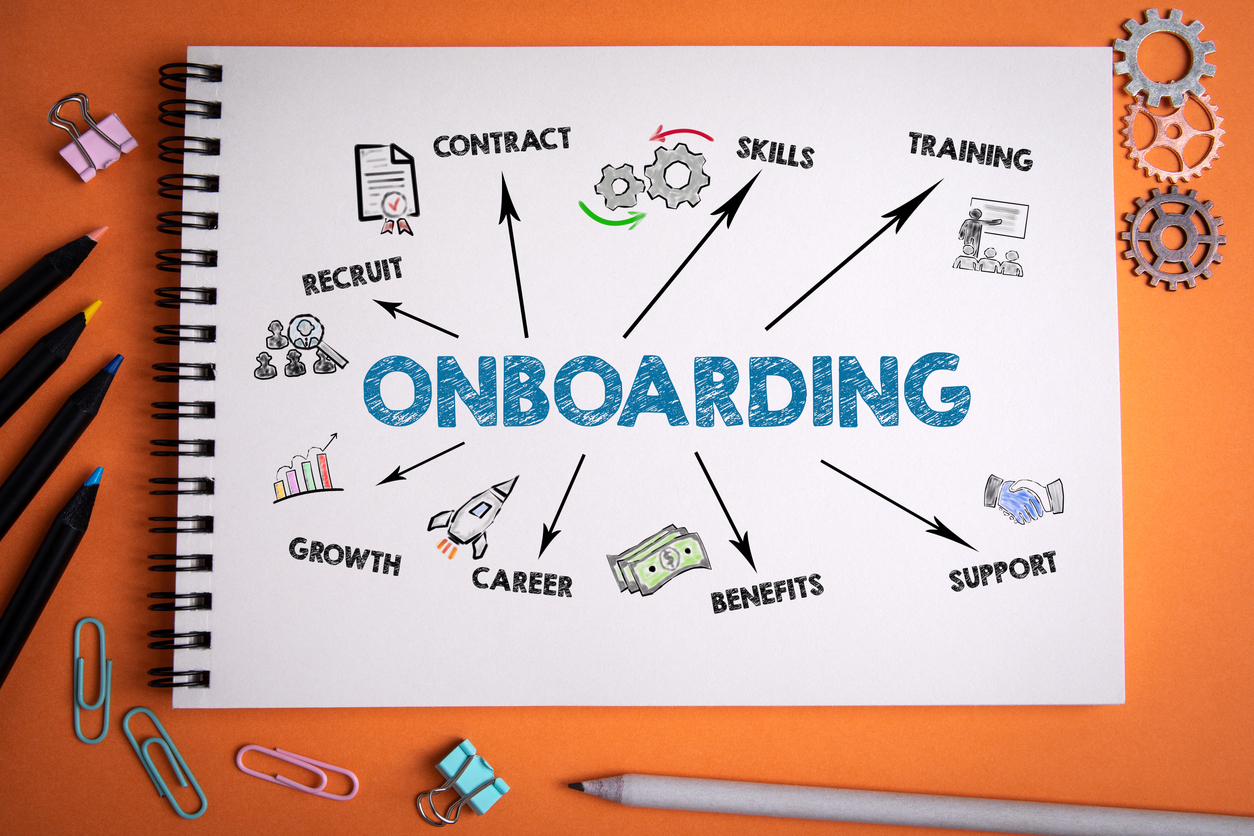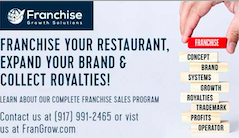Onboarding new franchisees effectively is critical to creating a successful, scalable, and sustainable franchise system. It fosters a consistent brand experience across all locations, contributes to franchisee satisfaction, and drives profitability for the franchisor and franchisee.
The Art of Franchise Onboarding: Effective Ways to Integrate New Franchisees
The success of a franchise system hinges not only on the concept of the business itself but also on the seamless integration of new franchisees into the system. Onboarding new franchisees is intricate, requiring the right blend of knowledge transfer, relationship building, and operational acclimatization. This article outlines the best practices and recommended steps to implement an effective franchisee onboarding process.
Introduction to Franchisee Onboarding
Franchisee onboarding is a systematic process that educates, trains and assists new franchisees in operating their franchise effectively. It is an integral part of franchise growth and longevity, where a well-implemented onboarding process can lead to higher franchisee satisfaction, better brand uniformity, and improved profitability.
The Franchisee Onboarding Process
*Pre-boarding Stage:
The onboarding process begins even before the franchise agreement is signed. The pre-boarding phase includes sharing information about the franchise, its culture, operating procedures, and expectations. The franchisee should also be introduced to the franchise’s leadership team and other franchisees. This stage establishes the groundwork for a successful partnership.
*Franchisee Training:
An extensive training program should be scheduled once the franchise agreement is signed. Training usually occurs 45 to 30 days before opening the new franchise. The training should cover operations, marketing, human resources, customer service, and financial management. Training can include classroom sessions, online learning, and on-site training at an established franchise location.
*Site Selection and Setup:
The franchise company should provide support in choosing the right location and setting up the store or office. This includes guidance on layout and design, procurement of necessary equipment and supplies, hiring of staff, and any required local licensing or permits.
*Grand Opening Assistance:
Franchisors should support the franchisee’s grand opening. This could include marketing and public relations assistance, on-site support from the franchisor’s team, and guidance for dealing with any operational issues that arise.
*Ongoing Support:
Even after the grand opening, the franchisor should provide ongoing support to the new franchisee. This might include regular check-ins, updated training materials, marketing support, and help solving operational problems.
Performance Evaluation: Regular performance evaluations are critical for franchisee success. The franchisor should conduct performance reviews to provide constructive feedback and advice for improvement. This could be through formal evaluations or more informal check-ins.
Best Practices in Franchisee Onboarding
* Establish clear communication:
Franchisors should ensure regular, open lines of communication with their franchisees.
* Customize the training:
Not all franchisees have the same background or skills, so the training should be tailored to the franchisee’s needs.
* Mentorship program:
Assigning a mentor from the existing franchisee network can provide guidance, help answer questions, and ease the transition process.
* Provide a comprehensive operations manual:
An operations manual should be provided to every new franchisee. This manual should cover all aspects of running the franchise, from daily operations to marketing strategies and HR procedures.
* Encourage peer learning:
Encourage new franchisees to learn from the successes and challenges of their peers. This can be facilitated through franchisee conferences, online forums, or scheduled learning sessions.
By adopting these best practices and methods, the franchise system can ensure that new franchisees are set up for success, boosting the overall performance of the franchise.
Conclusion
Onboarding new franchisees effectively is critical to creating a successful, scalable, and sustainable franchise system. It fosters a consistent brand experience across all locations, contributes to franchisee satisfaction, and drives profitability for the franchisor and franchisee.



